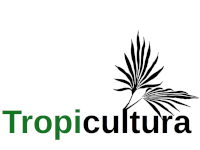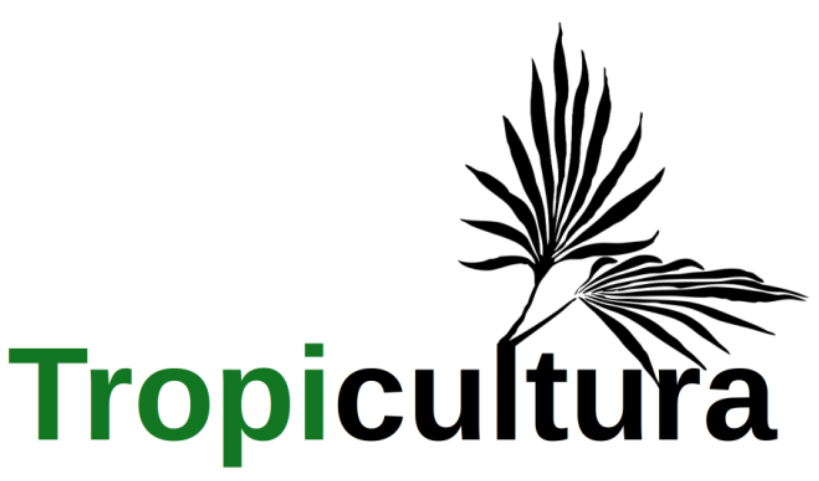- Portada
- Volume 35 (2017)
- Numéro 3
- Effects of Defatting Combined or not to Heating of Jatropha curcas Kernel Meal on Feed Intake and Growth Performance in Broiler Chickens and Chicks in Senegal
Vista(s): 564 (1 ULiège)
Descargar(s): 90 (1 ULiège)
Effects of Defatting Combined or not to Heating of Jatropha curcas Kernel Meal on Feed Intake and Growth Performance in Broiler Chickens and Chicks in Senegal

Documento adjunto(s)
Version PDF originaleRésumé
Effets d’une délipidation combinée ou non au chauffage d’un tourteau d’amande de Jatropha curcas sur l’ingestion alimentaire et les performances de croissance de poulets et poussins de chair au Sénégal.
Jatropha curcas est une plante appartenant à la famille des Euphorbiaceae dont la culture a été largement promue au cours des dernières années pour la production de biocarburants. Sa graine referme une amande qui contient environ 55% de matière grasse par rapport à la matière sèche et le tourteau obtenu après l’extraction de l’huile pourrait être une source exceptionnelle de protéines notamment en aviculture familiale, après des traitements destinés à supprimer les composés toxiques et antinutritionnels. L’ingestion et les performances de croissance du tourteau de l’amande de J. curcas, obtenu après déshuilage physico-chimique partiel et traitement à la chaleur, ont été évaluées sur des poulets en croissance et des poussins de chair. Soixante poulets de chair, âgés de 30 jours, divisés en trois groupes ainsi que 20 poussins de chair, âgés d’un jour, divisés en deux groupes ont été utilisés dans deux expériences. Dans l’expérience 1, de l’amande de jatropha a été déshuilée et incorporée à un aliment témoin à raison de 40 et 80g /kg (rations 4JKM1 et 8JKM1). Dans l’expérience 2, le produit déshuilé obtenu dans l’expérience 1 a subi un traitement thermique puis a été incorporé dans un aliment de démarrage à raison de 80g/kg (ration 8JKM2). L’ingestion moyenne quotidienne ainsi que la croissance pondérale ont été affectées par l’incorporation du tourteau d’amande de jatropha dans la ration. Les animaux de la 1re expérience ont présenté des ingestions moyennes de 139,2 ; 55,2 et 23,4g/jour/animal ainsi que des gains de poids moyens quotidiens de 61,9 ; 18,5 et -7,7 g/animal avec, respectivement, les rations 0JKM1, 4JKM1 et 8JKM1. Dans l’expérience 2, des ingestions moyennes quotidiennes de 18,7 et de 3,1g/jour/animal tandis que des gains de poids moyens quotidiens de 5,9 et 1,7g/animal ont été obtenus respectivement pour les groupes nourris avec des régimes 0JKM2 et 8JKM2. Dans les deux expériences, l’indice de consommation a aussi été affecté par le niveau d’incorporation du jatropha et il en est de même pour le taux de mortalité total enregistré.
Abstract
Jatropha curcas is a tropical plant belonging to the Euphorbiaceae family whose cultivation has been largely promoted in recent years for the production of biofuels. The kernel of the seed contains approximately 55% lipid in dry matter and the meal obtained could be an exceptional source of proteins for family poultry farming, after treatments to remove toxic and anti-nutritional compounds. The ingestion and the growth performance of J. curcas kernel meal (JKM), obtained after partial physico-chemical de-oiling combined or not with heating was evaluated in broiler chickens and chicks. Sixty unsexed broiler chickens, 30 day-old, divided into three groups as well as twenty broiler chicks, 1 day-old, divided into two groups were used in two experiments. In experiment 1, jatropha kernel was de-oiled and incorporated into a control fattening feed at 40 and 80g/kg (diets 4JKM1 and 8JM1). In experiment 2, jatropha kernel meal obtained in experiment 1 was heat treated and incorporated into a growing diet at 80g/kg (diet 8JKM2). Daily dietary intakes as well as weight gain of the animals were affected by the incorporation of jatropha kernel meal in the ration. In experiment 1, average daily feed intake (ADFI1) of 139.2, 55.2 and 23.4g/day/animal and also average daily weight gain (ADWG1) of 61.9, 18.5 and -7.7g/animal were obtained respectively for the groups fed with diets 0JKM1, 4JKM1 and 8JKM1. In experiment 2, Average daily feed intake (ADFI2) of 18.7 and 3.1g/day/animal and also average daily weight gain (ADWG2) of 7.1 and 1.9g/animal were obtained respectively for the groups fed with diets 0JKM2 and 8JKM2. In both experiment, feed conversion ratio (FCR) was also affected by the dietary treatments and the overall mortality rate showed an increase according to levels of jatropha kernel meal in diet.







